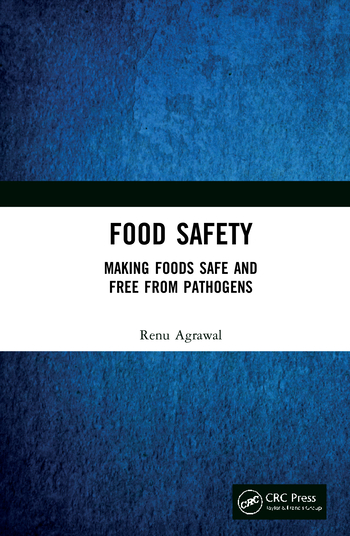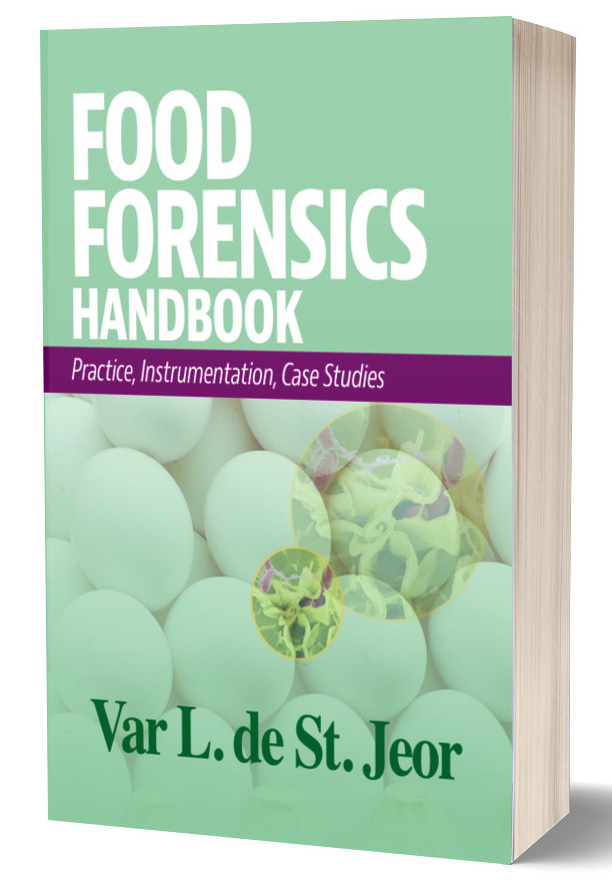Exploring Peptide-Producing Bacteria as a Safe, Sustainable Alternative to Chemical Pesticides for Food Crops

Credit: Tim Mossholder via Pexels
Academics from Wageningen University and Research (WUR) are investigating the use of antimicrobial peptides produced by bacteria as a food-safe, clean-label, and environmentally friendly alternative to pesticides. WUR’s work furthers the EU’s goal to drastically reduce the use of chemical pesticides due to their environmental and human health drawbacks, such as the uptake of harmful compounds into food crops.
Antimicrobial peptides are produced by bacteria that occur naturally on plants. The peptides are small proteins, some of which can kill pathogens without harming human health or biodiversity. Using recent technology that enables the ability to identify peptides on a large scale and test their biological activities, researchers hope to discover readily biodegradable peptides that will target bacteria and fungi while not disturbing the rest of a plant’s microbiome.
Little is currently known about which bacteria produce the desired antimicrobial peptides in a plant. However, if such bacteria can be identified and deployed as biological crop protection agents, it will allow for control over the production of antimicrobial peptides.
The end goal of the multi-year project is the creation of a usable product, and the researchers are collaborating with industry in order to execute certain technical aspects of the research. If identified, the researchers aim to test the efficacy of the peptide-producing bacteria in a greenhouse setting to serve as a starting point for the development of a product.
WUR’s research is funded by The Netherlands Organization for Scientific Research as part of a larger project to investigate the role of the microbiome in the nutrient cycle. The consortium will be studying the entire innovation and supply chain—from product development to consumption.
For example, researchers from the universities of Leiden and Zürich will analyze metabolites to determine if peptides only work against pathogens, and not beneficial bacteria. The University of Groningen will study the effects of antimicrobial peptides on the gut microbiome, and WUR’s Social Sciences department will focus on the public acceptance of the new technology.
According to WUR, the present study is the first to explore whether the bacteria in plants that produce such peptides will colonize the human gut. Peptides themselves are already used in foods and are known to be safe.
Looking for a reprint of this article?
From high-res PDFs to custom plaques, order your copy today!











